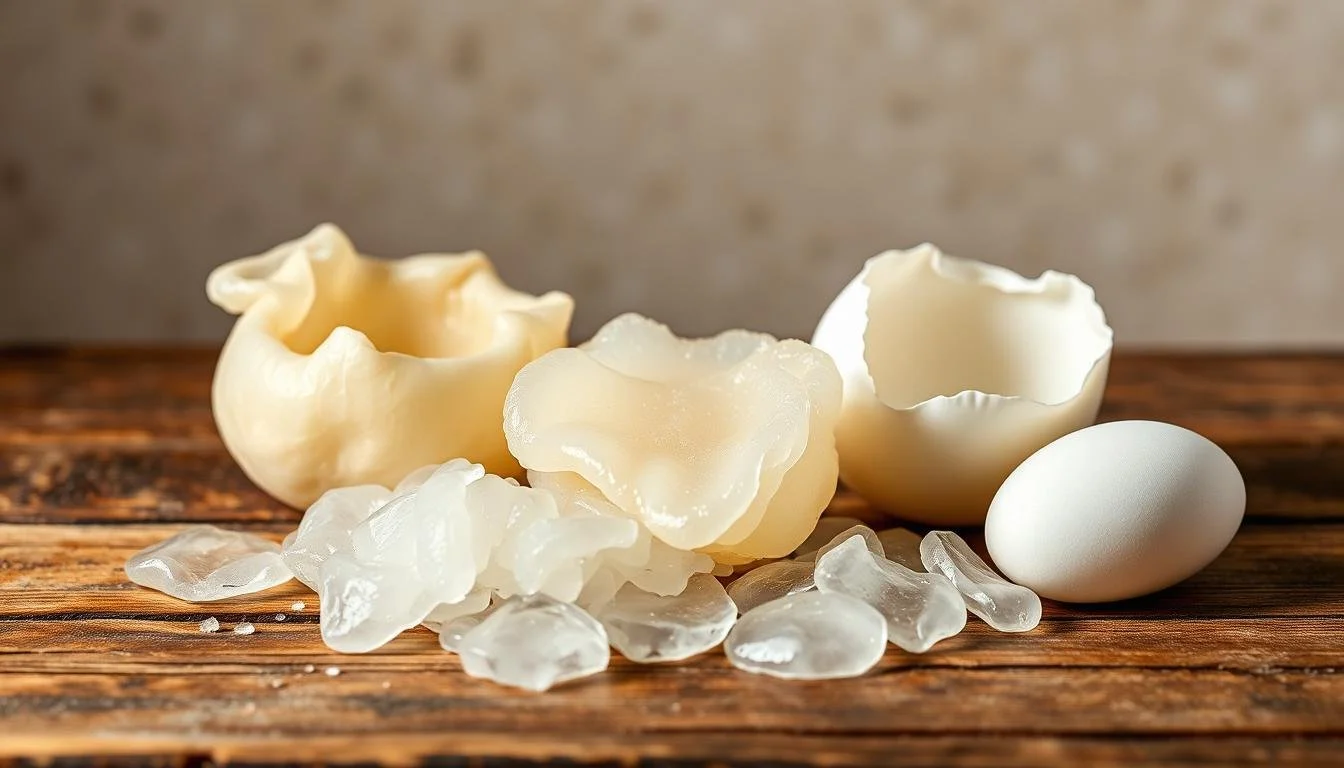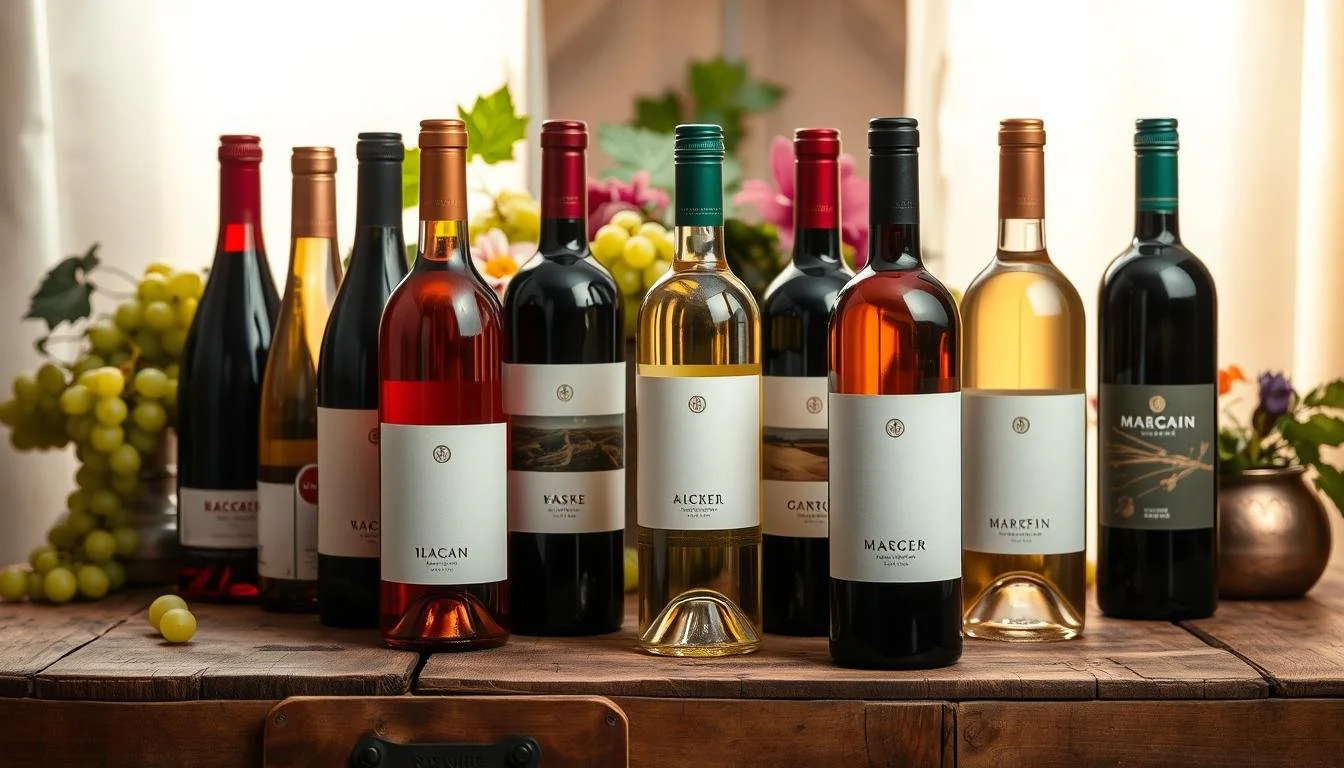Is Wine Vegan?
Is Wine Vegan? The Surprising Answer
Many people are surprised to learn that wine isn't vegan. Wine is made from grapes, a fruit. So, it seems like it should be vegan, right?
But, making wine involves more than just picking grapes and fermenting them. Some winemaking steps use animal products. This makes the wine non-vegan.
This news makes vegans wonder if they can still enjoy wine. The answer depends on knowing what makes wine non-vegan. And how to pick a vegan-friendly wine.
Is Wine Vegan? The Surprising Truth
Wine is enjoyed by people all over the world. But, is it vegan? The way wine is made can sometimes go against vegan values.
What Makes Wine Non-Vegan
Some wines aren't vegan because they use animal products. These include isinglass, gelatin, egg whites, and casein as fining agents.
The Process Called Fining
Fining is a step in wine making. It adds substances to clear and stabilize the wine. But, using animal products in this process makes the wine non-vegan.
Animal Products Used in Winemaking
For centuries, animal products have been used in winemaking, especially in the fining process. Fining adds substances to wine to clear it and make it stable. But, the use of animal products worries vegan consumers.
Common Animal-Derived Fining Agents
Several animal products are used in winemaking. These include isinglass from fish bladders, gelatin from animal bones, egg whites, and casein, a milk protein.
Isinglass (Fish Bladder)
Isinglass is used to fine wines, especially white wines. It attracts and removes unwanted particles. It comes from the swim bladders of fish, mainly sturgeon.
Gelatin and Animal Bones
Gelatin is a common fining agent. It's made from animal bones and helps clarify and stabilize wine.
Egg Whites and Casein
Egg whites are used to fine red wines. They remove excess tannins and improve the wine's character. Casein, a milk protein, is used for fining white wines.
Different Types of Wine and Vegan Status
The type of wine and its vegan status vary. It depends on the fining agents used. This is important for vegan consumers.
Red Wines vs. White Wines
Red wines are often fined with gelatin or egg whites. White wines may use isinglass or casein. But, not all red or white wines use these products.
Rosé and Specialty Wines
Rosé wines and specialty wines may use animal-derived fining agents. But, there's a move towards vegan-friendly alternatives. Many winemakers now use plant-based fining agents or produce unfined and unfiltered wines.
How to Identify Vegan-Friendly Wines
Vegan wine lovers have many ways to find vegan-friendly wines. They can look at wine labels, understand how wines are made, and use online resources.
Reading Wine Labels
Reading wine labels is a simple way to spot vegan wines. Look for the Vegan Society logo or words that say the wine is vegan. Some winemakers will also say their wines don't have animal products.
Unfined and Unfiltered Options
Choosing wines that are unfined and unfiltered is another good option. These wines don't use animal products in their making. They also tend to taste more natural.
Organic and Biodynamic Wines
Going for organic or biodynamic wines can also help. Not all of these are vegan, but they often are. They're made with little intervention, which means less chance of animal products being used.
Resources Like Barnivore.com
For those who struggle with wine labels, Barnivore.com is a great help. It has a big list of vegan wines. This makes it easy to pick a wine that fits your diet.
Conclusion
Discovering if wine is vegan can be quite a journey. Many wines aren't vegan because they use animal products. But, more winemakers are now choosing vegan methods.
To find vegan wine, look for labels that say "vegan-friendly." Websites like Barnivore.com can also help. Unfined, unfiltered, organic, and biodynamic wines are also good choices. This way, you can pick wines that match your values.
The wine world is changing, making it simpler to find vegan wines. These wines are tasty and fit with vegan values. So, when you pick a wine next, you'll know what to choose.
FAQ
What is fining in winemaking?
Fining in winemaking is a way to clear and stabilize wine. It removes impurities and particles. This improves the wine's look and taste. Some fining agents come from animals.
Are all wines non-vegan due to fining agents?
No, not all wines are non-vegan. Some winemakers use animal products for fining. But, others choose vegan-friendly options like bentonite clay or plant-based agents.
How can I tell if a wine is vegan?
To check if a wine is vegan, look for vegan certification on the label. You can also research the winemaker's methods. Online tools like Barnivore.com can help find vegan wines.
What are some common animal-derived fining agents used in winemaking?
Animal-derived fining agents include isinglass from fish bladders, gelatin from animal bones, egg whites, and casein from milk.
Are organic or biodynamic wines automatically vegan?
Organic or biodynamic wines might be more likely to be vegan. But, it's not a sure thing. Always check the wine's vegan status.
What are unfined and unfiltered wines?
Unfined and unfiltered wines skip the fining process or use minimal filtration. These wines are often vegan-friendly because they don't use animal products for fining.
Can I trust that a wine labeled as "natural" is vegan?
Not always. Natural wines might follow vegan principles, but "natural" doesn't mean vegan. Always research the winemaker or look for vegan certification.
Are red wines more likely to be non-vegan than white wines?
Both red and white wines can be non-vegan. But, red wines might be more likely to use animal products for fining. This is because they often need more clarification.
How can I find vegan-friendly wines when shopping?
To find vegan wines, look for vegan certification on the label. Research the winemaker or use online tools like Barnivore.com to find vegan options.



